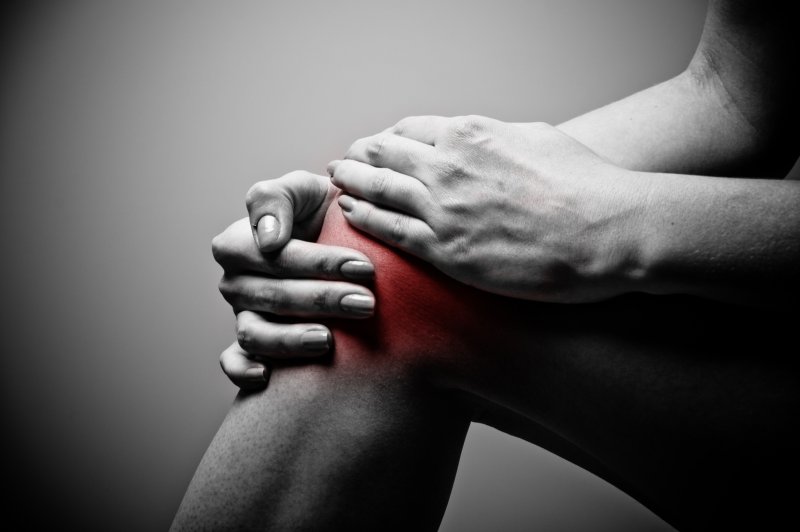Antibodies, not arthritis, may be responsible for the pain so many people feel in their joints as they age, new research shows. File Photo by Esther Max/Flickr License: https://creativecommons.org/licenses/by/2.0/legalcode
June 14 (UPI) -- Antibodies, not arthritis, may be responsible for the pain so many people feel in their joints as they age, new research shows.
These findings, published Friday in the Journal of Experimental Medicine, suggest autoimmunity may have a widespread mechanism, a discovery that may help researchers develop a method to reduce non-inflammatory pain from autoimmune diseases.
That means joints in the human body may be able to feel pain even when arthritis isn't present in the area.
"We all know that inflammation is painful," study author Camilla Svensson, a researcher at Karolinska Institute, said in a news release. "But pain can appear before any sign of inflammation in the joints and can remain a problem after it has healed. Our aim was to find possible mechanisms to explain that."
Rheumatoid arthritis causes pain to the cartilage and bones within the body's joints. The typical joint pain normally happens when immune antibodies produced by the body push against proteins in the joints.
"Antibodies in these immune complexes can activate the pain neurons directly, and not, as previously thought, as a result of the destructive joint inflammation," Svensson said. "The antibodies can affect the pain neurons also in conditions without any distinct tissue damage or inflammation."
To explore how this pain is generated, the researchers injected cartilage-binding autoantibodies into lab mice. Before the animals began to experience inflammation, they felt joint pain. Even after the mice were injected by antibodies that weren't designed to turn on immune cells or cause inflammation, the animals appeared to still feel pain.
This could mean the pain begins well before inflammation starts.
"By learning more about the molecular mechanism of antibody-mediated pain, we hope to lay the groundwork for a new way of reducing pain caused by rheumatoid arthritis and other autoimmune diseases," corresponding author Rikard Holmdahl, a researcher at the Karolinska Institute, said in a news release.















